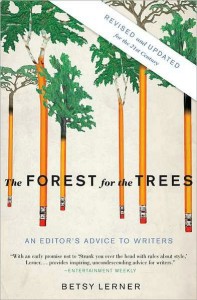Feed your head—and your stomach—at La Pizzateca
by Celeste Ng
A new shop in Madrid, La Pizzateca, serves up tasty combos of books and pizza. Reports Springwise: The brainchild of Spanish publisher ES Ediciones, La Pizzateca offers a wide range of artisanal pizzas and calzones made from natural ingredients for enjoyment in-house or to go. It’s also a bookstore, however, and it even offers specials to encourage both pursuits. One, for example — dubbed the “menú de las letras” — includes a slice of pizza and a book for just EUR 5. Sounds like a clever new way to market books—and I love the idea of pairing pizzas with literature, […]































